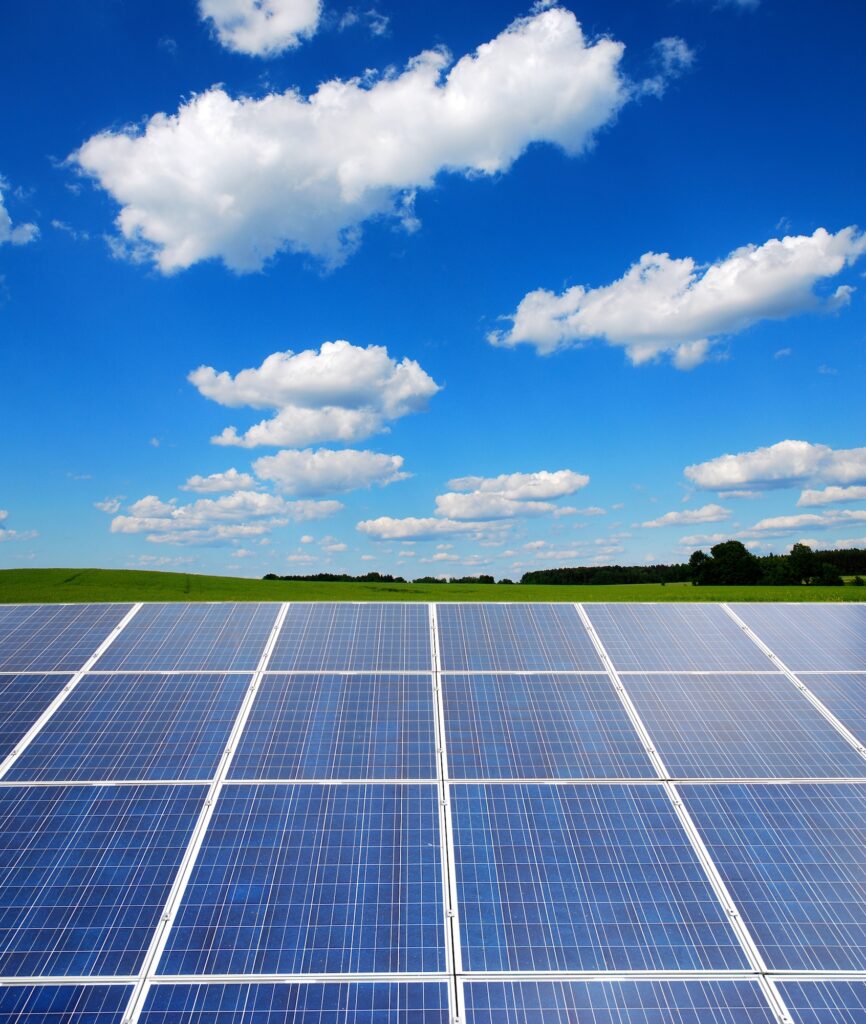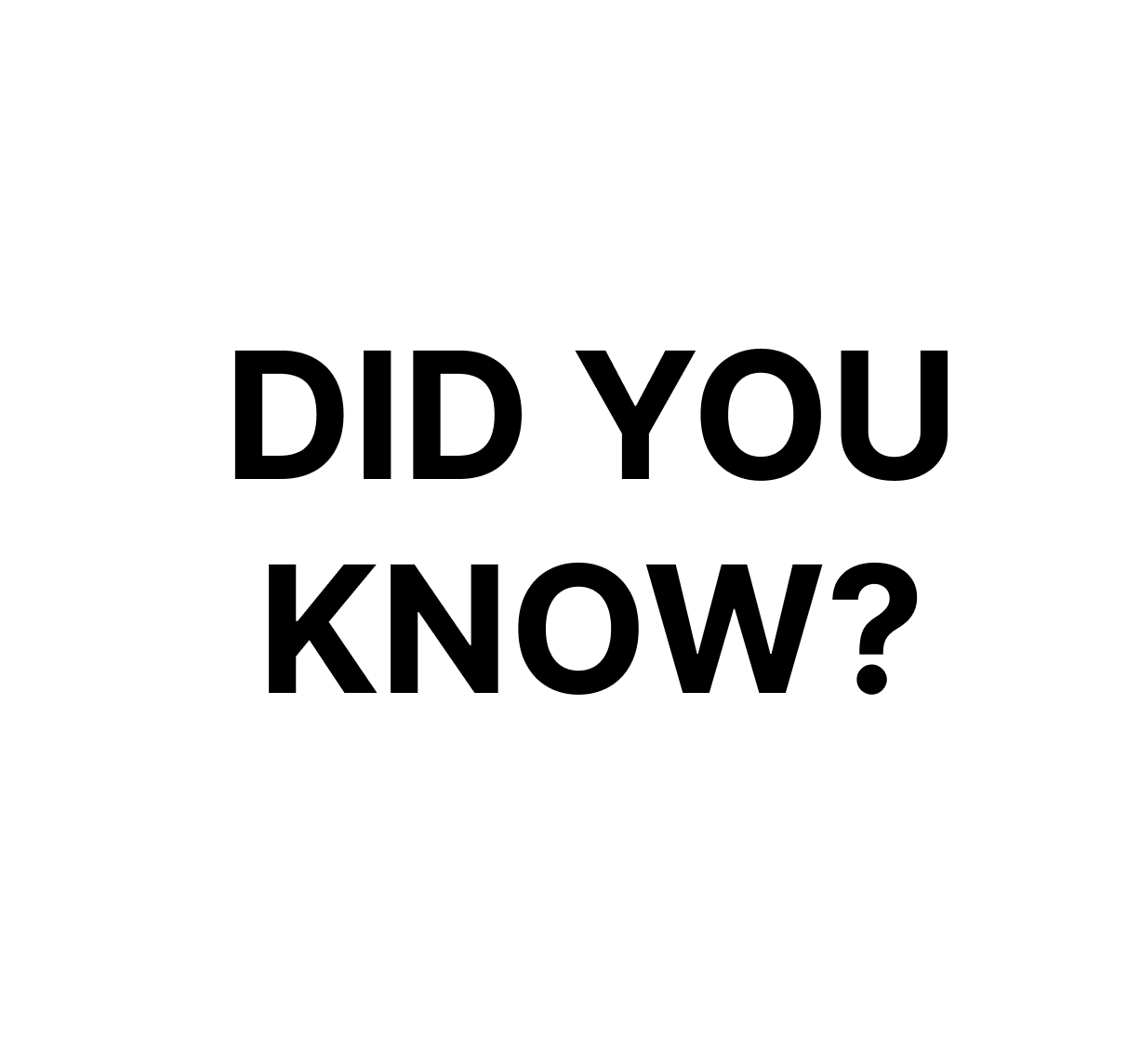We increasingly live in a world where we know green is good.
Only fossil-fuel polluters and petro-states tick the ‘strongly disagree’ box these days (though no one should underestimate how much they can muddy the waters of public opinion).
Even football, that exemplar of conspicuous consumption in the modern era, is belatedly making efforts to put its house in order and Do-The-Right-Thing.
The start of this February was again marked by the somewhat gimmicky feeling national Green Football Weekend, where clubs across the country highlight the efforts they’re making towards sustainability — urging their fans to do the same.
It was all a bit of fun, rather than ‘end of the world’ stuff.
But the fact is that this year’s event had more steam than last year and there’s the prospect that the drive towards a green transition could be increasingly aided by football and its supporters embracing it.
Against this backdrop, the ambitious plans announced by Sunderland AFC last year to be energy self-sufficient by 2028 — and carbon-neutral by 2040 — would appear to be right on trend and the height of virtue.
Its website sets out the club’s hopes for a 40mW solar farm on land next to the Academy of Light between Sunderland and Cleadon. This summer the club will seek to win over a different set of fans, with public consultations aimed at overcoming any objections.
Sunderland’s chief operating officer, Steve Davison, readily admits the move is more about cash than kudos.
Renewable energy is cheaper energy and, football squad’s wages aside, energy costs are one of the biggest financial bills at any club.
From the outset, Davision has had no qualms about sketching out the financial benefits.
“In many ways, this is a purely business decision,” he said, shortly after announcing plans to battle across a series of fronts to shrink the club’s carbon footprint and reduce reliance on fossil fuels.
“We are focused on money first and the prime driver is financial. It is making us more sustainable as a business.
“The reality is it makes perfect business sense to do this — once you look at the long-term savings you can make by investing in renewables and sustainability, the question becomes not why would you do this, but why wouldn’t you do this?”
Having already answered that question itself in the affirmative, the club is determined to waste no time making progress, setting the bold goal of being the first UK club in the country to achieve its targets.
“We wanted to make a clear statement so that people could hold us to it,” explained Davison. “It’s one of the reasons why we also introduced five-year targets.
“I know full well that we have set ourselves tough targets on this — targets that are both daunting and exciting — but we wanted to be ambitious, so let’s get on with it and do it.”
A programme of introducing LED lighting across all facilities is already well underway and the club is looking at a raft of initiatives, like including solar canopies over club car parks and tapping geothermal energy from beneath the Stadium of Light, as well as a multitude of smaller ways of shaving fractions off its carbon total.
But a key part of the proposals involves revenue generated from the proposed 40mW solar farm at the Academy of Light for which the club is preparing a planning application. Its application for a grid connection has been submitted.
This is likely to be an important moment in the club’s focus on renewables, given how contentious the original siting of the Academy of Light, on green land between Sunderland and Cleadon, proved to be.
The good people of leafy Cleadon are very protective of their leaves and there may well be opposition from the village and beyond to the plans of putting anything on local green space, however environmentally friendly it might be.
The club is looking to collaborate with everyone, public included, in the actions it takes and the new solar website is part of that outreach.
“We’ve got to position ourselves to explain our business model because communications on this will be important,” acknowledges Steve.
“We are looking at ways big and small to achieve our goals because there’s not one solution but dozens of different things which will contribute towards getting there.
“And we will need to work with our partners, with our fans, with local people whose expertise and products can support us becoming climate-neutral and setting an example that fans can be proud of.
“The ordinary man in the street might think that going green means two things: it’s more expensive and it’s a lot of work for not much benefit.
“But nothing could be further from the truth and we aim to prove that.”
Sunderland AFC has set itself quite the challenge, in showing the rest of the country’s clubs the swiftest path to decarbonisation and renewable energy generation.
Its green ambition does it credit.
But if it succeeds it has every intention of demonstrating that sustainability applies not only to the climate but to the finances and bank balance too.

Steps on the road to sustainability – measures Sunderland AFC’s looking at on the road to becoming a carbon-neutral club:
Solar panels: Panels are now one of the cheapest ways of generating long-term affordable energy and a solar canopy over car parking at the Stadium of Light will not only help power the ground but some of the businesses around the stadium.
A proposed solar farm near the Academy of Light would generate energy for the National Grid and contribute to Sunderland AFC’s low-carbon goals.
Air source heat pumps: Technology that the Government hopes will one day be commonplace in houses up and down the country to replace gas-powered boilers. Air sources act as fans in reverse – instead of cooling things down, they suck the energy out of the air to heat up homes.
Ground source heat pumps: Same principle as air source – taking the energy from outside to heat inside but instead of taking energy out of the air, they tap it from the ground.
Geothermal: One of the potentially most exciting renewable energy sources – drilling into disused mines to extract heat from mine water.
Sunderland Council is currently exploring a geothermal mine to extract heat from the former Monkwearmouth Colliery below the Stadium of Light.
Other carbon-cutting initiatives include:
Waste and water: A scheme is to be introduced to collect rainwater at the Stadium of Light to aid sustainability as well as a long-term look at the waste produced at the club and ways of recycling or reducing it.
Food: A long-term commitment by the club to sourcing food locally in order to cut down on transport and to look at the sustainability of food used.
Cutlery and cups: An end to single-use plastics and an in-depth look at the sustainability of all packaging and items used to serve fans, especially on matchday.
LED lighting: Putting LED replacements in the floodlights at Eppleton Colliery Welfare Ground, which is used by SAFC Women and the club’s Under 21s. The gradual replacement of all lighting at SAFC facilities with LED lighting will roll out over several years.
Travel and transport: Match-day travel in particular is being looked at to find ways of cutting emissions involving staff, directors, and players without compromising team preparations. Overall, the club’s emissions on travel and transport will be reduced The club is also implementing a club-wide transport policy, including team match day travel, which will reduce emissions. This will complement the club’s support of local councils from the surrounding areas in finding ways of using public transport to enable supporters to attend matches with minimal environmental impact.

Barnard Castle’s Bowes Museum, resembling a French chateau, was commissioned by art collectors John and Josephine Bowes but neither lived to see it open in 1892











